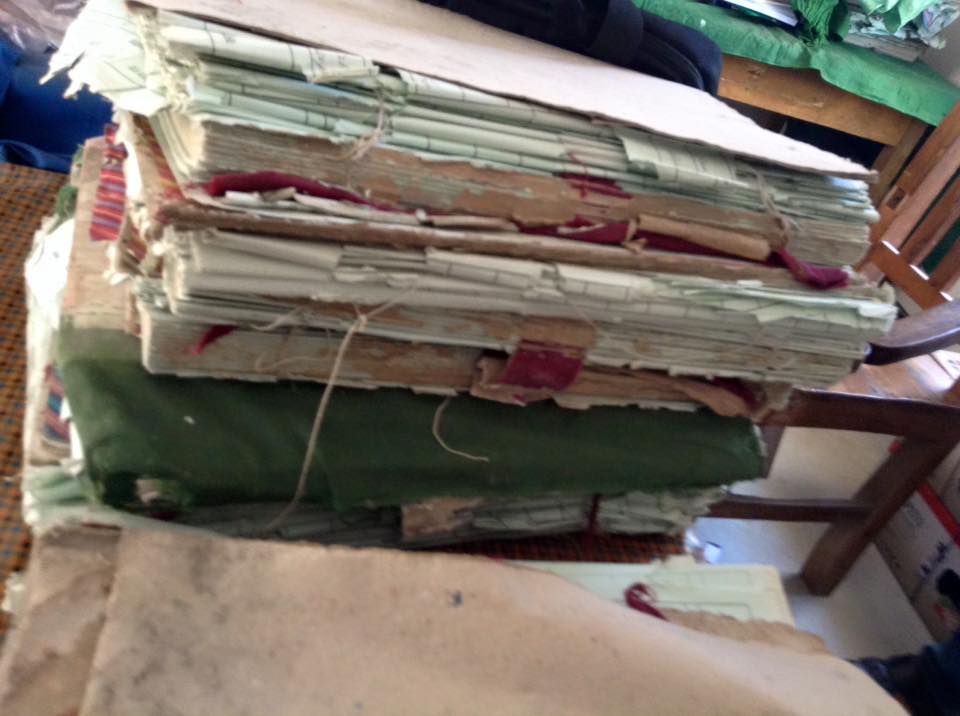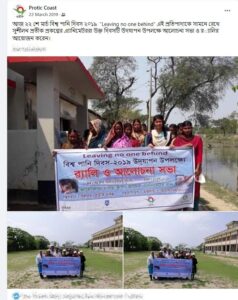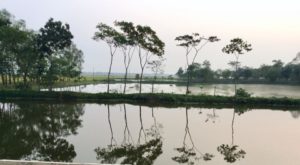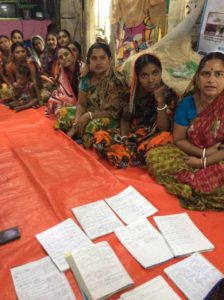
The purpose of this chapter, in a collection of essays about literacy and traditional life, was to discuss oral and textual information and knowledge in traditional communities and their relationship to information technology. In its broadest terms, many traditional communities, governments, and non-governmental organizations (NGOs) are concerned about the loss of traditional knowledge and skills, as well as enhancing the life chances of vulnerable communities through the help of technology. If we understand an information ecology to be “[a] system of people, practices, values, and technologies in a particular local environment” (Nardi & O’Day, 1999),traditional communities are faced with the challenge of digitally documenting their information and knowledge in a sustainable way—in a way that promotes human dignity and economic, social, and psychological sustainability.
However, as has been observed on many occasions, designers put technology–especially new–technology ahead or what people actually want or are confident with, often very mundane things, such as paper notebooks, embedded in a particular oral culture, and that culture itself sits within a number of different ecological relationshiops. This paper tries to take up these issues.
Stillman, Larry et al. 2021. “Talk, Smartphones, Notebooks, and Brown Paper.” In ICT and International Learning Ecologies Representation and Sustainability across Contexts, ed. Ian A Lubin. New York, NY: Routledge, 17–41.
The paper.






